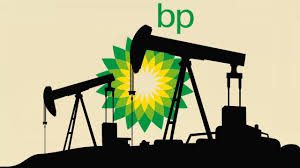
If BP Plc is correct in its prediction released this week, the future is here and the oil and gas industry will no longer see relentless growth of oil demand.
The supermajor, in the report issued Monday indicated an end to the era many thought might last another 10 years or more reported Bloomberg.
Oil consumption may never return to levels seen before the coronavirus crisis took hold, BP said in a report on Monday. Even its most bullish scenario sees demand no better than “broadly flat” for the next two decades as the energy transition shifts the world away from fossil fuels.
BP is making a profound break from orthodoxy. From the bosses of corporate energy giants to ministers from OPEC states, senior figures from the industry have insisted that oil consumption will see decades of growth. Time and again, they have described it as the only commodity that can satisfy the demands of an increasing global population and expanding middle class.
The U.K. giant is describing a different future, where oil’s supremacy is challenged, and ultimately fades. That explains why BP has taken the boldest steps so far among peers to align its business with the goals of the Paris climate accord. Just six months after taking the top job, Chief Executive Officer Bernard Looney said in August he’d shrink oil and gas output by 40% over the next decade and spend as much as $5 billion a year building one of the world’s largest renewable-power businesses.
BP’s report comes ahead of three days of online briefings starting Monday on its clean-energy and climate strategy. The study considers three scenarios, which aren’t predictions but nevertheless cover a wide range of possible outcomes over the next 30 years and form the basis of the new strategy Looney announced in August.
The “Rapid” approach sees new policy measures leading to a significant increase in carbon prices. The “Net Zero” course reinforces Rapid with big shifts in societal behavior, while the “Business-as-usual” projection assumes that government policies, technology and social preferences continue to evolve as they have in the recent past.
Source: Bloomberg






